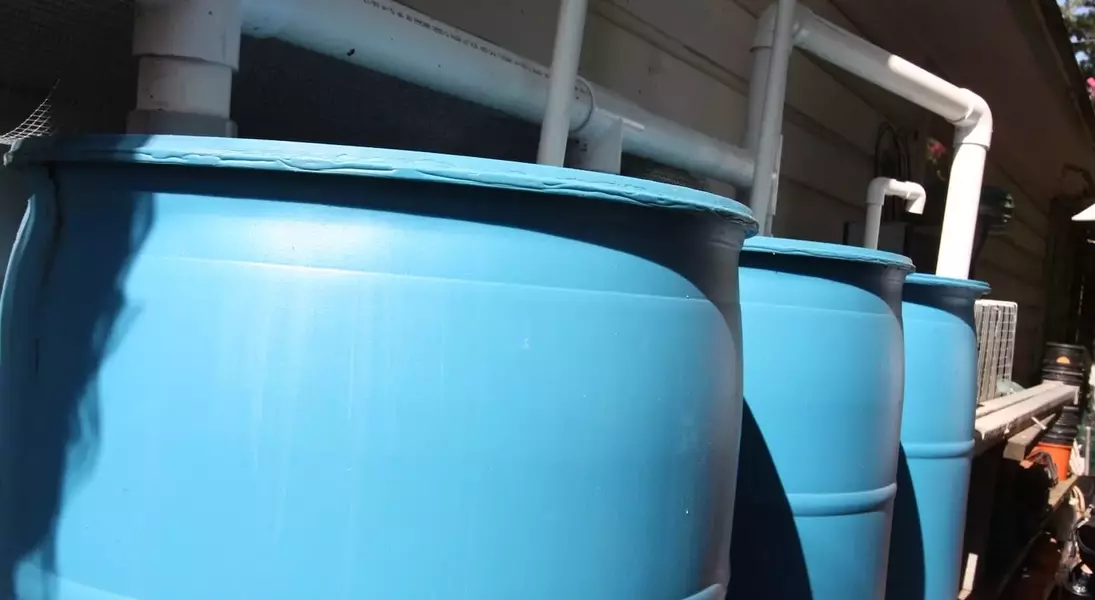
In a world increasingly focused on sustainability, collecting rainwater has emerged as an effective and budget-friendly way to conserve resources. This eco-conscious practice not only aids in reducing pollution but also cuts down water costs while enhancing gardening efforts. By utilizing readily available rainfall, particularly during the summer months, homeowners can harness significant quantities of water that would otherwise go unused. Though unsuitable for drinking, this collected water serves numerous practical purposes around the home.
Revolutionizing Water Usage with Rain Barrels
In the heart of suburban neighborhoods like Vernon, the adoption of rain barrels is transforming how residents approach water conservation. These containers, capable of storing approximately 217 liters (55 US gallons), represent just a fraction of what a typical 2000 square foot roof can collect during heavy rains—upwards of 800 liters. On average, over 5200 liters could be gathered in July alone. Considering residential outdoor water consumption reaches roughly 580 liters daily in this period, equating to 17,409 liters monthly, harvested rainwater can cover nearly 30% of these needs.
Beyond financial savings, embracing rainwater collection contributes significantly to environmental health by diminishing reliance on municipal water supplies and curbing runoff pollution. The process is straightforward, requiring minimal investment and effort, making it accessible for most households. For detailed guidance, interested individuals can explore comprehensive instructional videos and guides outlining every step from setup to maintenance.
From a journalistic perspective, the trend toward rainwater harvesting underscores humanity's growing commitment to sustainable living. It exemplifies how small, actionable steps at the individual level can collectively produce substantial positive impacts on our planet. Encouraging such practices empowers communities to take charge of their resource management, fostering resilience against climate change challenges. As more people adopt methods like rain barrel usage, we move closer to creating a cleaner, greener future for generations to come.
